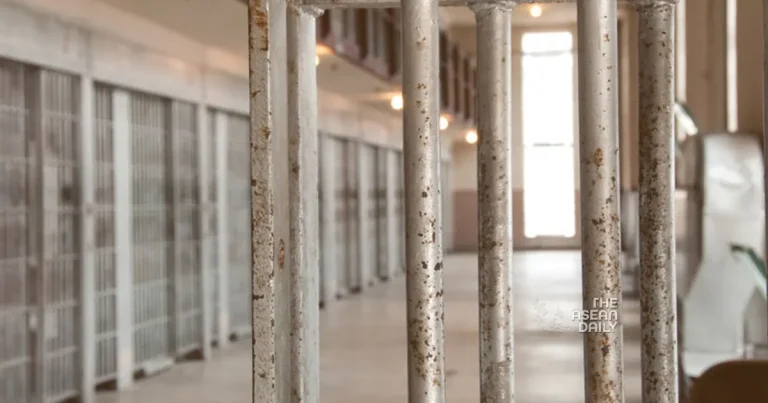15-11-2023 (SINGAPORE) Singapore is currently home to 10 transgender inmates, marking a unique demographic within the prison system. One of these individuals has undergone a complete sex change, while the remaining nine are in various stages of transitioning, according to information provided by the Singapore Prison Service (SPS) to The Straits Times.
Addressing concerns about the treatment and safety of transgender inmates, MP Murali Pillai (Bukit Batok) brought the issue to the forefront during a parliamentary session on November 7. The context for this discussion stems from a recent incident in Scotland where a transgender person, Isla Bryson, convicted of double rape of women, was initially housed in segregation in an all-female jail while undergoing hormonal treatment to transition to a woman.
The case raised questions about the safety of other prisoners, as Bryson still had male genitalia and was officially registered as male. However, this housing decision aligned with the Scottish Prison Services’ policy, which determines housing arrangements based on an inmate’s “new gender,” as explained by Home Affairs Minister K. Shanmugam to the Singapore Parliament.
In Singapore, the primary consideration is the safety of inmates, according to Mr. Shanmugam. Unlike Scotland, where housing is determined by the inmate’s “new gender,” Singapore follows a system based on registered sex rather than self-identified gender. Mr. Shanmugam emphasized that safety concerns might lead to exceptions where inmates are housed alone or in shared cells based on specific considerations.
For instance, a male inmate undergoing transition with developed female features may not be completely safe among other male inmates. Conversely, a female institution might pose discomfort for inmates when housed with a former male who has just completed transitioning, especially if the person has a history of sexual offenses.
In such cases, the SPS may opt to house the inmate alone in an individual cell within the institution of their registered sex or in a shared cell with others in similar situations. Notably, SPS assesses housing arrangements for transitioning inmates on a case-by-case basis, prioritizing overall protection and safety, as emphasized by Mr. Shanmugam in Parliament.
In instances where an inmate’s external genitalia differ from their registered sex, the SPS conducts a medical examination upon admission. If necessary, the inmate is housed in individual cells according to their registered sex until a medical specialist assesses the completion of physical changes. If confirmed, the SPS assists the inmate in updating their registered sex with the Immigration and Checkpoints Authority (ICA).
This aligns with ICA’s requirements, ensuring a local relevant medical specialist verifies a person’s sex change before updating the registered sex in its database. Transgender inmates who have completed their sex change in Singapore will be housed according to their changed registered sex, with one such inmate already having undergone a complete sex change.
To protect the identities of the nine transitioning inmates, the SPS refrained from sharing additional details about their sex. The approach, echoing Mr. Shanmugam’s stance in Parliament, emphasizes the overall protection and safety of inmates, irrespective of their self-identified gender.
Beyond housing considerations, the SPS implements programs and counseling for transgender inmates based on individual safety assessments. These initiatives may involve individual sessions, interactions with other transgender inmates, or engagement with non-transgender inmates. All inmates, regardless of gender identity, have access to programs addressing criminogenic thinking, behavior, pro-social skills, employability, and other protective factors.
Regular interviews with correctional unit officers, access to mental health support, and consultations with prison medical officers or psychiatrists are integral parts of the inmates’ experience. Upon release, transgender inmates receive support for community reintegration, collaborating with shelters such as T-Project and Aurora Place @ Willing Hearts for those without family support. Singapore’s comprehensive approach aims to balance safety, rehabilitation, and community reintegration for transgender inmates within its prison system.




